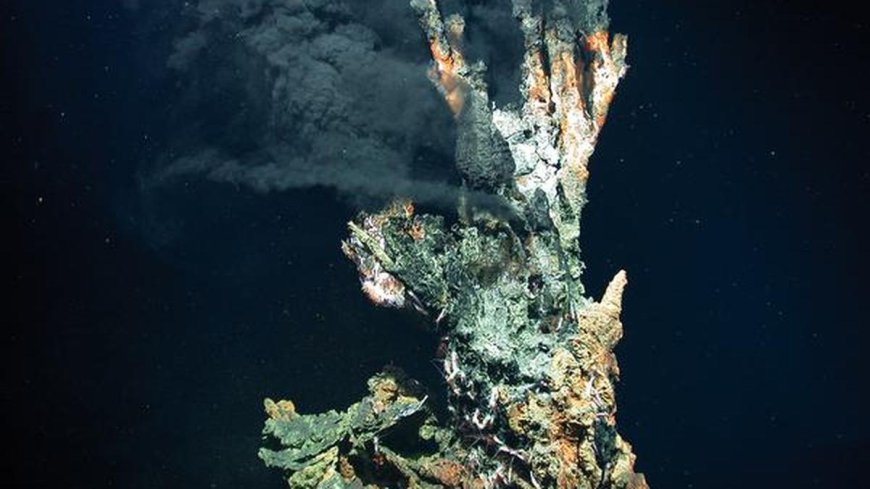99.999% of earth’s deep seafloor yet to be observed

99.999% of Earth’s Deep Seafloor Yet to be Observed
Breaking News, Daily Updates & Exclusive Stories - asarkari
According to a groundbreaking new study, approximately 99.999% of Earth's deep seafloor remains unexplored, revealing a staggering biogeographical imbalance in our understanding of the hidden depths of the ocean. This exploration anomaly highlights the fact that more than 97% of deep-sea dives have been conducted by a mere five countries. As the debate about marine conservation and oceanic research intensifies, the implications of this discovery may reshape our approach towards the world's oceans and their ecosystems.
The Study's Findings
The recent research sheds light on the unequal distribution of deep-sea research activities. The top five contributing nations are predominantly equipped with advanced technologies and substantial funding that enable them to explore these mysterious seafloors. The study's data indicates an alarming need to broaden the contributors to deep-sea exploration, as they represent major gaps in our comprehensive knowledge of marine biodiversity and ecosystems.
The Need for Inclusive Exploration
While nations like the United States, Japan, and Canada have spearheaded the majority of these dives, emerging countries are being left behind in the race for oceanic discovery. This contributes significantly to a biased understanding of deep-sea ecosystems, highlighting both environmental and political implications. By expanding the research reach, not only can we enhance our scientific understanding, but we can also foster international collaborations that bridge gaps between economically varied nations.
Environmental and Ecological Significance
The ocean is home to a vast array of wildlife, including species that play crucial roles in maintaining the balance of our global ecosystem. However, the lack of research has significant implications for marine conservation efforts. The study emphasizes that ignorance of the deep-sea environment means that numerous species could be at risk without our knowledge of their existence or of the habitats they occupy. Therefore, it is imperative to accelerate research initiatives in these unexplored territories.
Conservation Efforts and Future Exploration
As more regions of the deep ocean remain untouched, understanding these areas becomes increasingly important for future conservation efforts. The complexities of climate change, pollution, and biodiversity loss necessitate urgent action. Initiatives to explore underrepresented regions should not only focus on technological advancements but also on fostering collaborative relationships among nations, institutions, and researchers. This approach could lead to a more inclusive and comprehensive understanding of our ocean frontier.
Conclusion: Toward a New Era of Deep-Sea Research
With 99.999% of the deep sea still uncharted, the world stands on the brink of a new era in oceanic exploration and conservation. As awareness grows regarding the value of our oceans, it becomes increasingly critical to refine our research endeavors. Countries must unite and invest in exploring the deep-sea regions, recognizing the importance of biodiversity and the interconnectedness of global ecosystems. Only then can we hope to forge a sustainable future for our planet. For more updates, visit asarkari.
Keywords:
deep seafloor exploration, ocean research, marine biodiversity, deep-sea dives, biogeographical biases, marine conservation, oceanic ecosystems, global cooperation in research, unexplored oceans, oceanographyWhat's Your Reaction?
 Like
0
Like
0
 Dislike
0
Dislike
0
 Love
0
Love
0
 Funny
0
Funny
0
 Angry
0
Angry
0
 Sad
0
Sad
0
 Wow
0
Wow
0










































